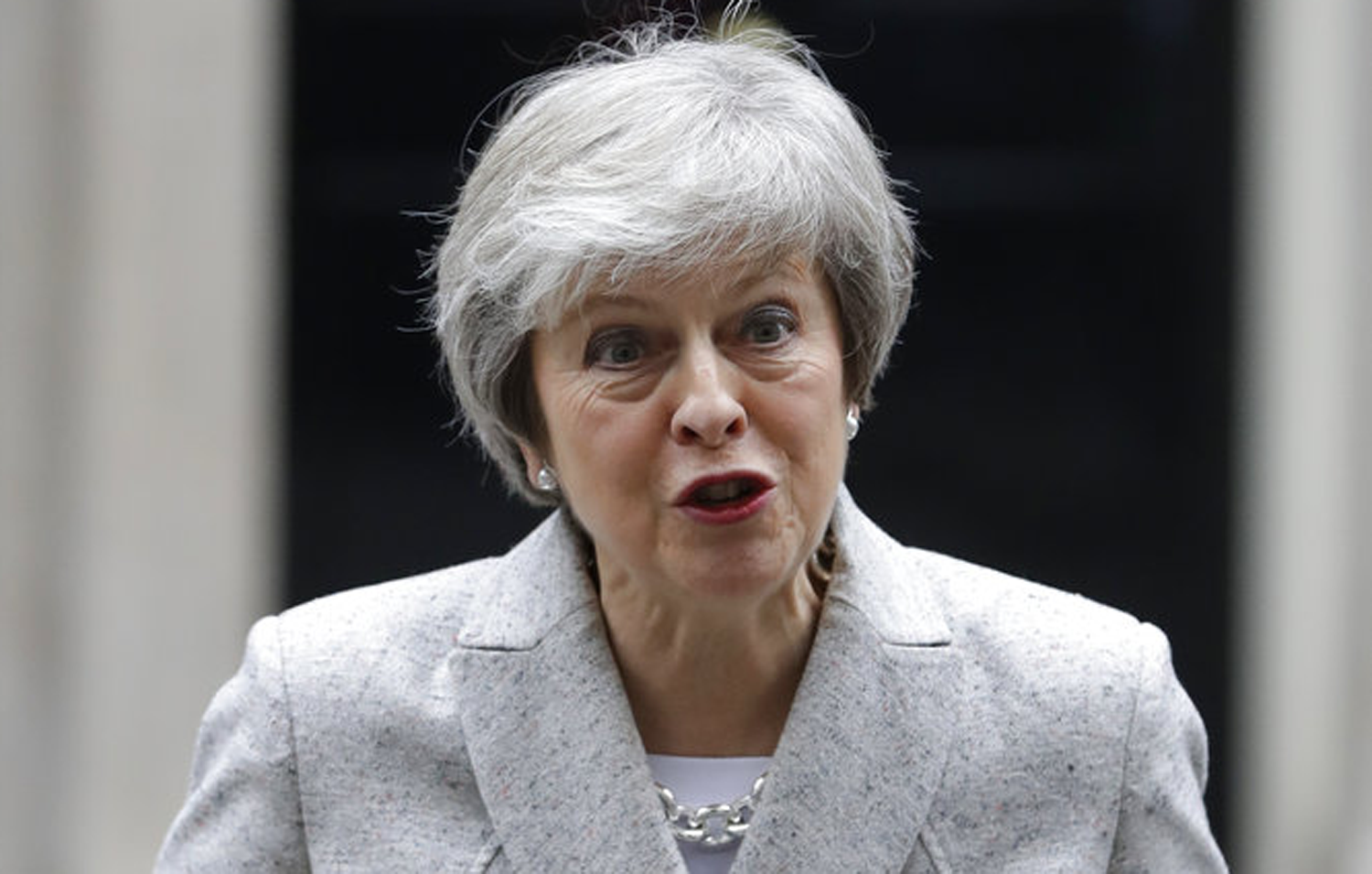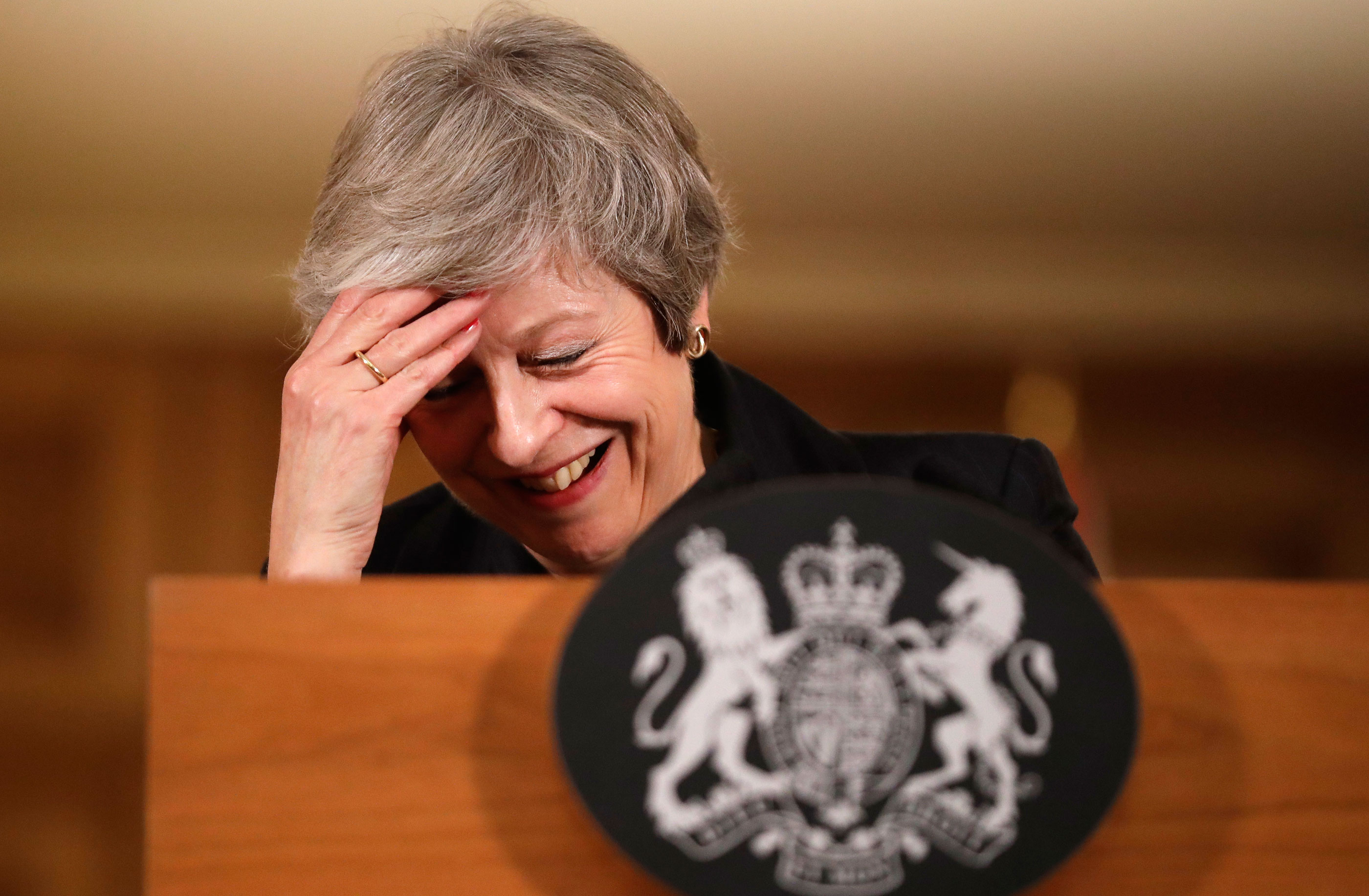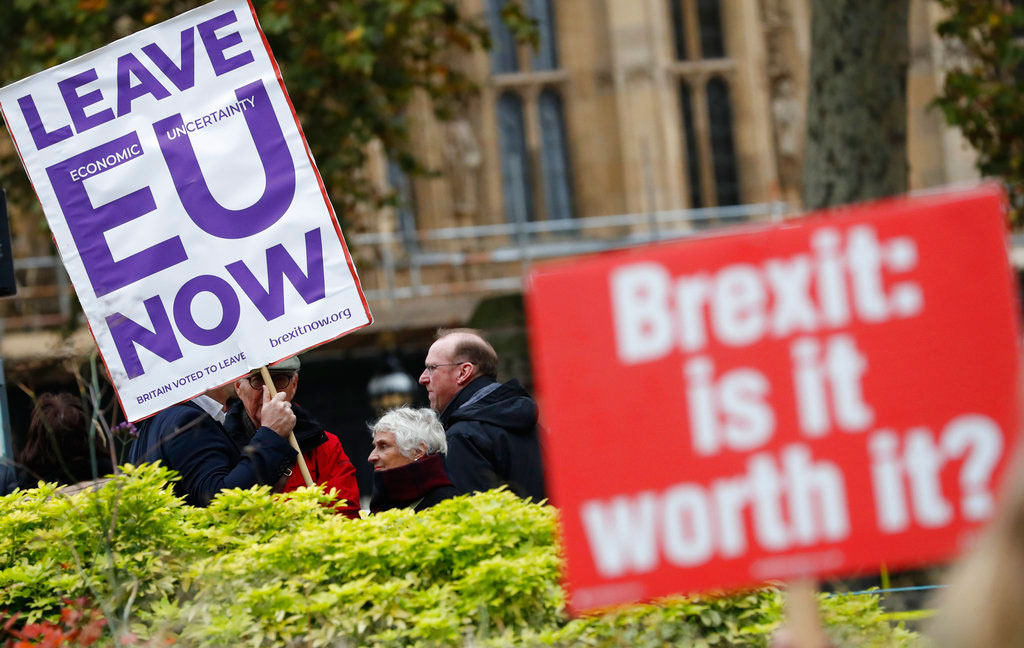Some 800 Indian businesses which have invested heavily in the UK with hopes of expanding into the EU will be wondering how their fortunes will be affected by the Brexit deal and the draft political declaration that British Prime Minister Theresa May has negotiated with Brussels.
So will the government of India.
The answer is very simple — Britain is keen to sign a Free Trade Agreement (FTA) with India but cannot do so until its divorce proceedings with the EU are completed.
Although the UK is supposed to leave the EU on March 29 next year, there will be a “transitional period” while the decree nisi becomes a decree absolute — and that might not happen until just before the general election in 2022, May has acknowledged.
On Thursday afternoon, May was briefing the Commons on the draft political declaration she has negotiated with Brussels, setting out the broad future relationship between the UK and the EU.
This is a non-binding 26-page document, separate from the 585-page legally binding withdrawal agreement reached with the EU.
The draft document stresses that any final deal with the UK must not interfere with the EU’s “four freedoms” — the free movement of goods, services, capital and people within the remaining 27 EU nations.
“It must also ensure the sovereignty of the United Kingdom and the protection of its internal market, while respecting the result of the 2016 referendum including with regard to the development of its independent trade policy and the ending of free movement of people between the Union and the United Kingdom,” the document says.
It was dismissed by May’s critics as merely “aspirational”.
On Saturday, May returns to Brussels for a summit with leaders of the 27 other EU member states to sign off on both the political declaration and the Brexit deal.
Then in a “meaningful vote” next month, she has to get her Brexit deal through the Commons, which, on current predictions, she will not be able to do.
Even May’s enemies recognise her grit, determination and sheer stubbornness.
After overnight negotiations in Brussels with European Commission president Jean-Claude Juncker, the Prime Minister returned to London on Thursday morning.
As she left 10 Downing Street, to address the Commons, she said: “This is the right deal for the UK. It delivers on the vote of the referendum, it brings back control of our borders, our money and our laws and it does so while protecting jobs, protecting our security and protecting the integrity of the United Kingdom.
“The British people want this to be settled, they want a good deal that sets us on course for a brighter future.
“That deal is within our grasp and I am determined to deliver on it.”
May’s Brexit deal has brought together an Indian and a Pakistani, both leading businessmen, in her support. Rami Ranger, chairman of Sun Mark, a marketing and distribution company, and co-chairman of Conservative Friends of India, and Zameer Choudrey, chief executive of Bestway, are urging Conservative MPs to back the Prime Minister.
May has said free movement of EU nationals will end, and with a nod towards Delhi, told the annual conference of the Confederation of British Industry on Monday: “Once we have left the EU… it will no longer be the case that EU nationals, regardless of the skills or experience they have to offer, can jump the queue ahead of engineers from Sydney or software developers from Delhi.
“Instead of a system based on where a person is from, we will have one that is built around the talents and skills a person has to offer.”
However, the CBI’s director general, Caroline Fairburn, while supporting the Brexit deal, said that it was setting the bar too high by stipulating that anyone wanting to come to the UK — from India, for example — would have to earn at least £30,000.
Fairburn said: “What has been proposed so far won’t work; the idea that anyone earning less than £30,000 can’t contribute to our economy, for instance.”
The CBI’s India director, Shehla Hasan, who had come from Delhi to attend the annual conference, confirmed that until Brexit was formally concluded the UK would not be able to sign a Free Trade Agreement with India.
She added that despite the uncertainty caused by Brexit, Indian companies hoping to invest abroad invariably think of the UK as their first choice. That was unlikely to change post Brexit.












